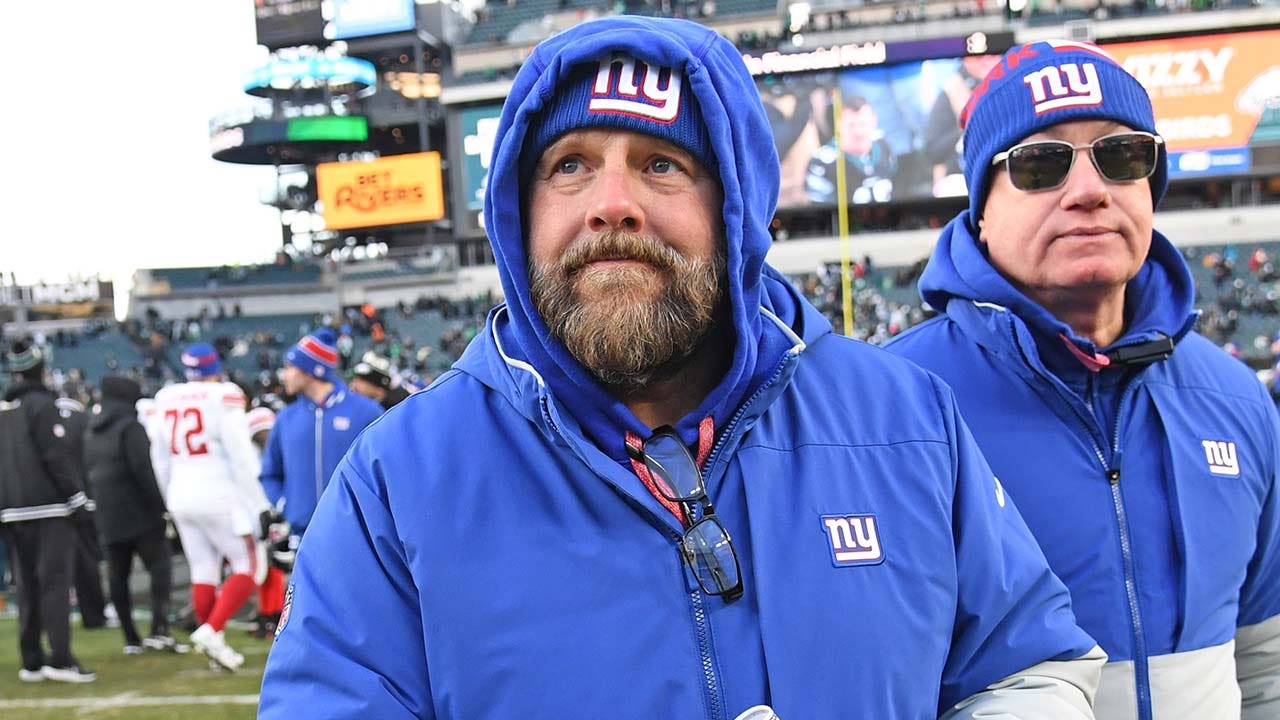PARIS – Faith leaders gathered with Olympic officials Sunday morning in front of Notre Dame Cathedral to celebrate how “faith and sport can complement each other,” in the words of International Olympic Committee President Thomas Bach.
The 2024 Paris Games got off to a rocky start with many religious groups around the world, including the Vatican. They criticized a scene in the opening ceremony seen as mocking Christianity by evoking “The Last Supper” and featuring drag queens, though the performers and the ceremony’s artistic director denied being inspired by Leonardo da Vinci’s painting.
“We wanted to show that the most important thing is peace,” Catholic Bishop Emmanuel Gobilliard said at the gathering. It was modeled after the first such interfaith meeting, organized by modern Olympics founder Pierre de Coubertin in the 1924 Paris Games.
Far from the controversy, in an inconspicuous tent-like structure tucked away at the end of the athletes’ village in Paris, ordained and lay representatives from the five major global religions have taken up that mantle, providing spiritual comfort to Olympians.
Representatives of Buddhism, Christianity, Hinduism, Islam and Judaism worked for months to set up a shared hall where the more than 10,500 athletes and their staff can find information about worship and speak with a chaplain.
For the first half of the Games, many seem to have found their way there to have a quiet moment away from the overwhelming pressure of competition.
“Some of the athletes who come to pray, I think they came to give up their pressure, to take some time to get out of their own heads,” said the Rev. Jason Nioka, a former judo champion who’s in charge of the largest contingent of Olympic chaplains, about 40 Catholic priests, nuns and lay faithful.
Each religion got 50 square meters (538 square feet) of the structure provided by the Paris Games organizing committee, with instructions to comply with France’s secularism laws that strictly prescribe the role of religion in public spaces.
What the faith leaders have done with the space is itself a wordless message of dialogue, tolerance and welcome — beginning with redistributing the size of the different rooms based on the expected number of faithful.
The door between the small Jewish room and the Muslim space, about twice its size but equally sparingly adorned, is often kept open.
“Here it’s very symbolic,” said Rabbi Moshe Lewin, vice president of the Conference of European Rabbis and one of the Jewish chaplains. “The conviviality, that’s the image that we should transmit.”
“People smile when they see an imam and a rabbi together,” added Najat Benali, president of the Coordination of Muslim Associations of Paris, who leads the Muslim chaplaincy. “We do ‘geo-fraternity,’ not geopolitics.”
The Hindu space also welcomes visitors with blessings by a small water fountain as chanting resounds from a volunteer’s cellphone. It’s the most exuberantly decorated space, with statues from India and a recreated temple structure in painted polyester foam.
In the middle is the Christian area, where Catholics, Protestants and Orthodox share an altar with a large Bible flanked by a cross and icons. Next to it hangs a poster with a quote about faith by U.S. star gymnast Simone Biles.
Last week, three athletics competitors from Australia, Finland and Jamaica walked in to pray, and faith leaders asked if they could join them.
“It was like a little Pentecost,” said Anne Schweitzer, who’s coordinating about three dozen Protestant chaplains.
She discovered one of the three athletes, a silver medalist, is also quoted in the Gospel edition called “More Precious than Gold,” created for the Games and available to visitors there and at churches across Olympic host cities.
Some Catholics, as well as volunteers in the village, have gone next door to meditate in the Buddhist space, said Luc Charles, a Zen monk with the Buddhist Union of France.
“It’s the occasion to get to know each other better,” he added.
___
AP videojournalist Alex Turnbull in Paris contributed to this report.
___
Associated Press religion coverage receives support through the AP’s collaboration with The Conversation US, with funding from Lilly Endowment Inc. The AP is solely responsible for this content.
Copyright 2024 The Associated Press. All rights reserved. This material may not be published, broadcast, rewritten or redistributed without permission.





